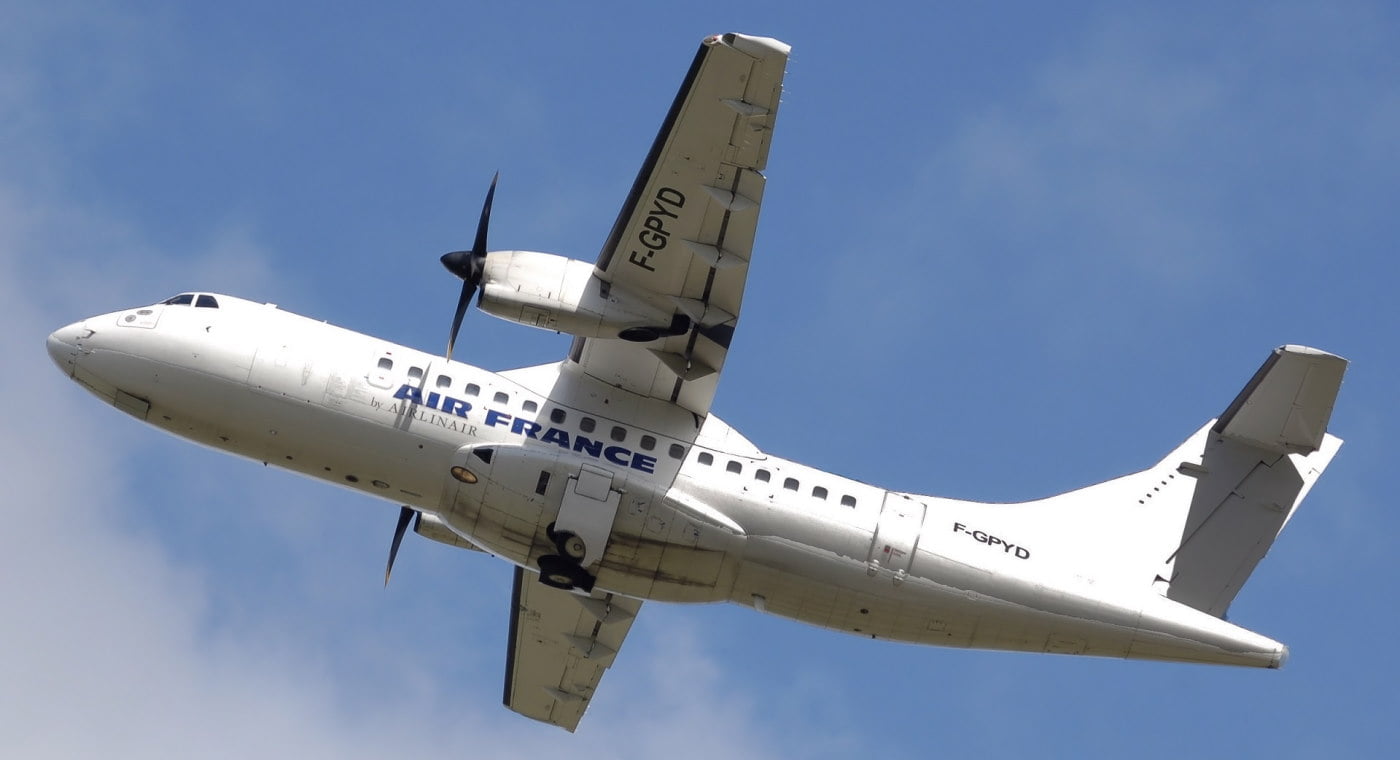Last weekend French MPs voted to stop domestic flights on routes that can be travelled by train in less than two and a half hours. It’s part of an ambitious series of climate and environmental measures that the country is putting in place as they aim to meet their net-zero by 2050 target.
The hot debate in the Assemblée Nationale was focused on a diluted version of a recommendation made by the Citizens Convention on Climate, a group including 150 members of the public and set up by President Macron in 2019. The original recommendation by the convention had been to ban all flights within France where there ws an alternative direct train journey of four hours or less.
“We chose two and a half hours because four hours dries up often landlocked territories such as the great Massif Central. It would be unfair in terms of territorial equity,” explained Jean-Baptiste Djebbari, France’s Minister for Transport.
Although it passed the vote, the move was far from popular in all areas of the country, especially the South West, where Airbus and many sub-contracting companies are based. The Socialist MP Joël Aviragnet warned of the “disproportionate human cost” and the high possibility of job losses in the sector.
As well as strong objections from the local government in certain regions of the country, Air France-KLM played a part in lobbying for the drop to the two and a half hour limit. Objections from the airline are perhaps understandable, with this new ruling coming hot on the heels of local and international travel restrictions due to the Covid crisis.
Air France-KLM should probably have been prepared for this though, a year ago they received a €7bn loan from the French government, which was given under the condition that some internal flights would be dropped. In one sense this new ruling levels the playing field a bit as it applies the same restrictions for short flights to low cost airlines as well as just AF-KLM
Many environmental legislation supporters, including the consumer group UFC-Que Choisir were also unhappy, believing that the proposed four hour limit should have been adopted. According to them, "on average, the plane emits 77 times more CO2 per passenger than the train on these routes, even though the train is cheaper and the time lost is limited to 40 minutes."
The entire bill also includes other measures, including a ban on airport expansions where it is likely that they will lead to an increase in emissions.
To pass into law, the ban still has to get through the senate before a third and final vote in the lower house, where President Macron’s ruling parties and allies dominate and it is expected to pass comfortably.
The move will mean an end to short internal flights from Paris Orly airport, to destinations like Nantes, Lyon, and Bordeaux. Connecting flights through Paris Charles de Gaulle to these destinations will continue, so you will be able to fly to the South of France when flying in from abroad but not to book a seat on the domestic part of the journey only.
It’s also worth noting that the ban is only for ‘conventional’ air travel, and that there are exemptions for ‘decarbonised’ flights in the future. This has the potential to accelerate the development of far more sustainable electric or hydrogen powered short haul planes.
The French aren’t the first country in Europe to put such a rule in place. In June 2020, Austria suspended domestic flights that could be covered in less than three hours by train, and additionally introduced a new tax on tickets for any flights of less than 350km.
The Dutch aren’t doing quite as well, their MPs voted in 2019 to ban flights between Schiphol in Amsterdam and Zaventem in Brussels, a distance of 149km. This cross-border ban was never implemented as it was accused of breaking European commission free-movement regulations.
